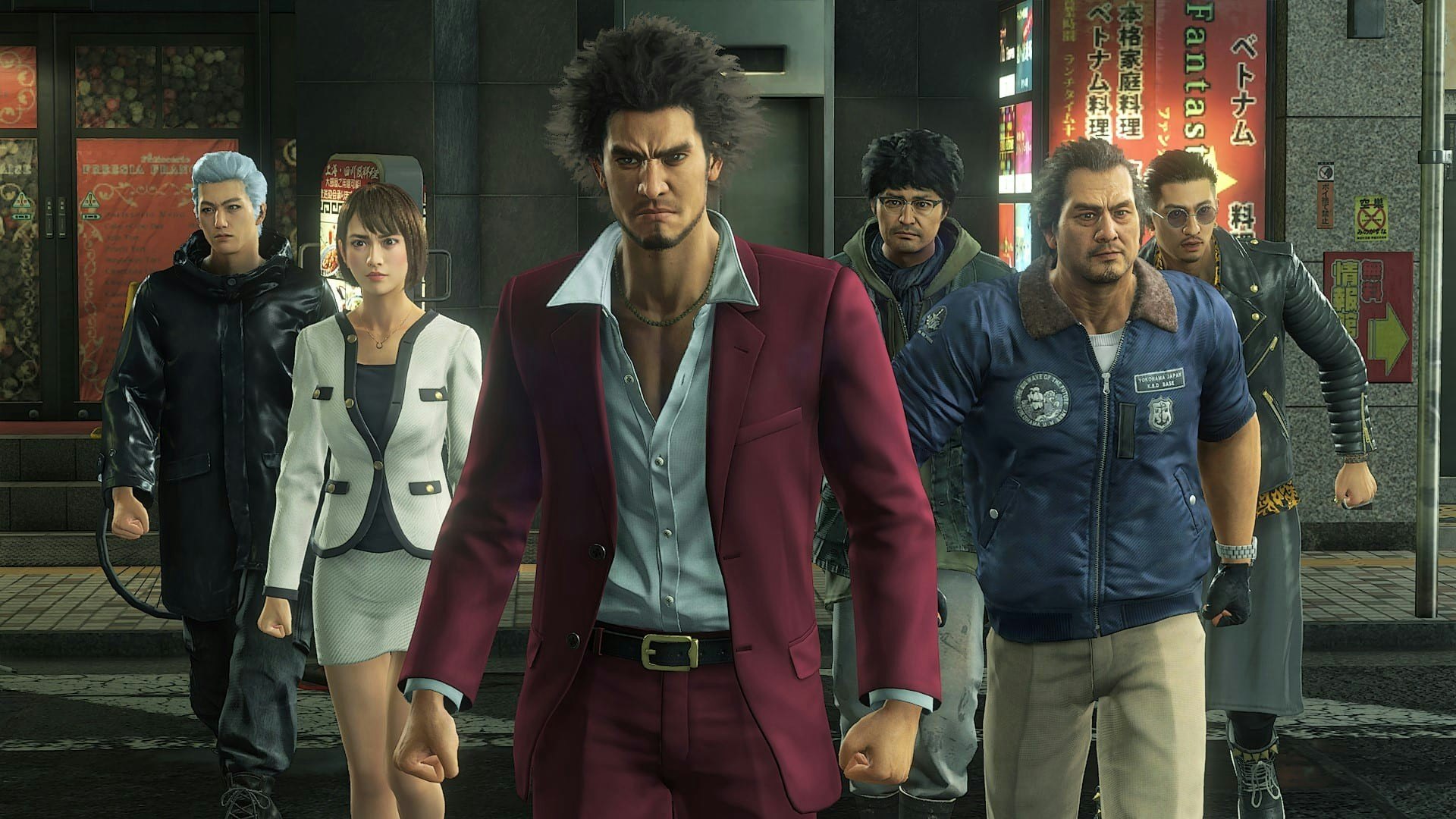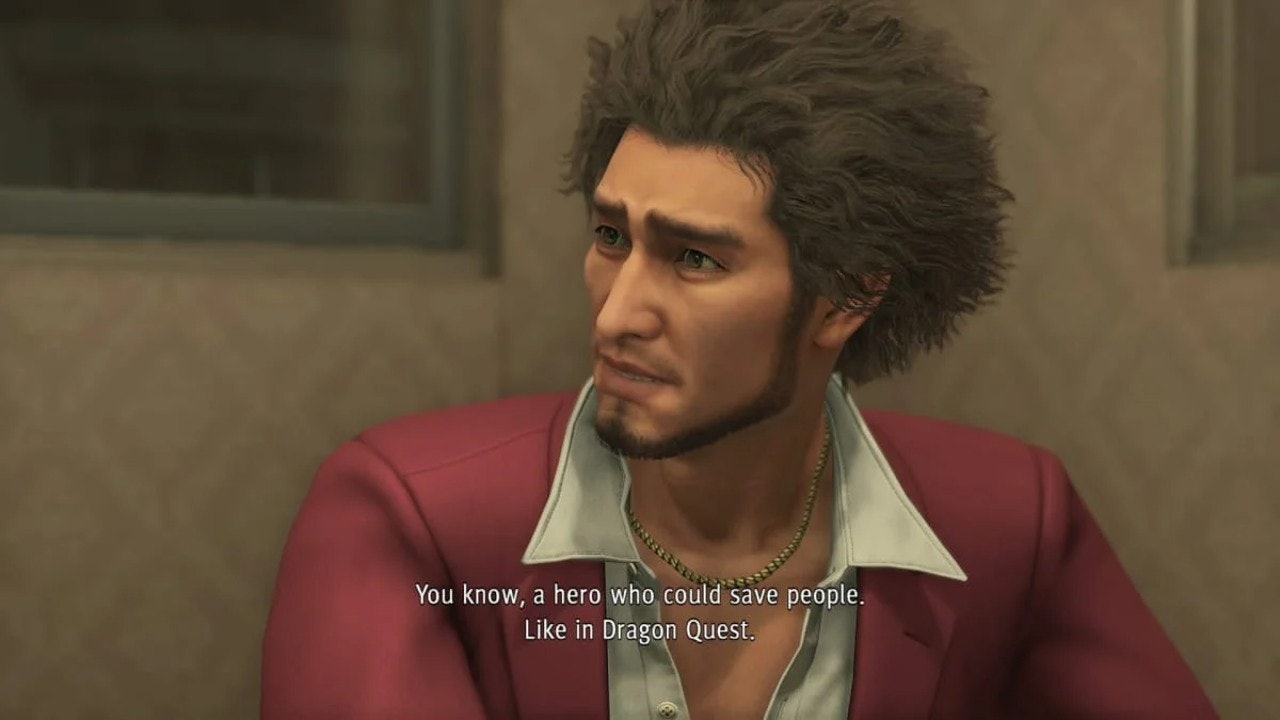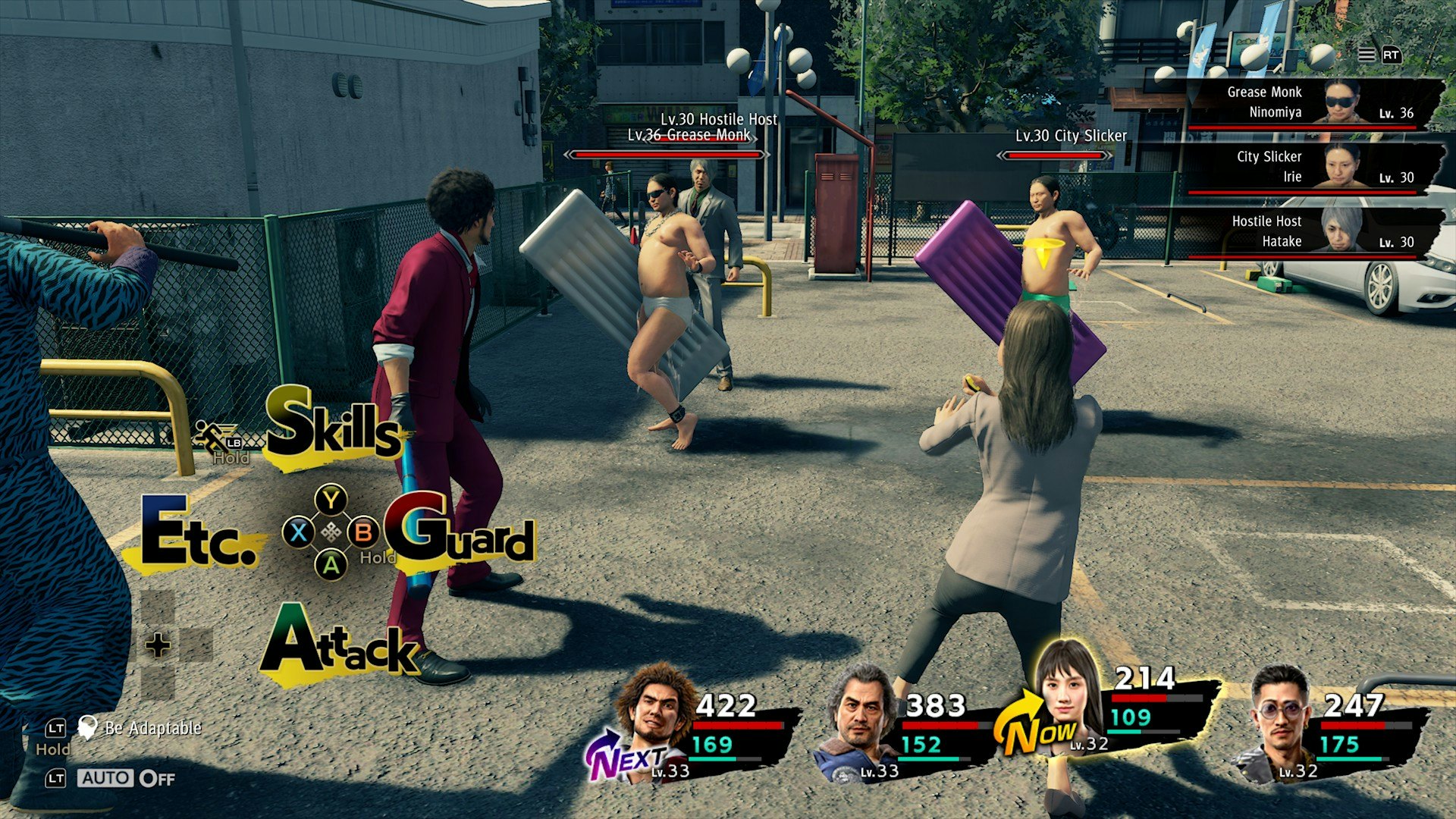
There are few RPGs more influential than Dragon Quest, a series that’s defined the very nature of the genre for decades. Yakuza: Like a Dragon knows full well it wouldn’t exist without the aforementioned series, and it hits the ground running with an ingenious theme that embraces the history of RPGs. But more importantly, it introduces a charismatic new hero to the franchise and tells one of the most human stories in games. It’s not just one of the best Yakuza games out there, it’s one of the most vibrant deconstructions of RPGs ever made, and it’s currently dirt cheap on Steam and PlayStation. And it’s the perfect time to jump in before the sequel Like a Dragon: Infinite Wealth releases on January 26.
Ichiban Kasuga is a bit of a failure: a two-bit Yakuza who usually can’t get the job done because he’s too concerned with being nice to strangers. He’s a far cry from longtime series protagonist Kazuma Kiryu, a determined and accomplished Yakuza who always seems to come out on top. That difference is what makes Ichiban so fascinating as a hero, though, and it plays into the core themes of the game at large. Unlike the stoic Kiryu, Ichiban is a deeply emotional person who wears his heart on his sleeve. He’s also inherently likable, an underdog you just can’t help but root for.

Like a Dragon is a game about people who’ve failed at life finding a way to put the pieces back together. It’s a story about hitting rock bottom but never giving up. This setup also paves the way for Like a Dragon to dive headfirst into RPG tropes that have been used for decades, like the much-overused power of friendship, but with a Yakuza twist.
At the beginning of Like a Dragon, Ichiban is forced to take the fall for someone in his Yakuza family and spends fifteen years in prison before he’s released to a drastically different world. While trying to find his way back to the Arakawa Family, Ichiban finds himself in over his head in an underworld conspiracy and meets a ragtag bunch of characters to team up with, including the down-on-his-luck detective Adachi and the shrewd and cunning club owner Saeko.
But things really get interesting with Ichiban’s love of Dragon Quest, which causes him to see everything, from his “hero’s quest” to turn-based battles, as an RPG. Like a Dragon is an RPG because that’s how Ichiban sees the world. It’s a core conceit that’s used brilliantly across the entire game.

There’s a robust job system that has your characters obtain jobs like Chef, Hostess, Musician, and even Homeless Guy. These seem mundane but use ridiculously over-the-top attacks, like Nanba’s Homeless Guy scattering breadcrumbs so a flock of hungry pigeons attacks enemies. Even the act of changing jobs has a fun twist as Ichiban must go to the job assistance company Hello Work. Then there’s the summon system “Poundmates,” which lets you call up allies on the phone for a special attack, including Nancy, a cute crawfish with a deadly pincer attack.
Like a Dragon blends everyday life with RPG wackiness, and it works incredibly well. Even the enemy design is a subversion of what’s usually seen in RPGs, like the unassuming trashbags that are mimics and suddenly sprout legs as a deranged enemy wears them like ponchos. All of the enemies make a Pokédex-like compendium with full descriptions and stats to boot.
Like a Dragon consistently finds fun and inventive ways to subvert RPG tropes, and it does it all with so much charm. Despite being turn-based, combat is quick and snappy, and the job system has enough variety to rival any Final Fantasy title out there.

Even outside the rock-solid gameplay, Like a Dragon has one of the most heartfelt and genuine stories you’ll find in video games. This is the only title out there with a giant Roomba boss fight, but it also takes a real look at the problem of homelessness and how it’s treated in Japanese society. Many of the game’s themes feel more relevant than ever in a post-2020 world.
Yakuza: Like a Dragon truly is the embodiment of everything that makes Sega’s cult series so great. It’ll have you cheering and sobbing minutes apart, but it harnesses that tonal whiplash so effectively to create an experience unlike anything else you’ll ever play.







